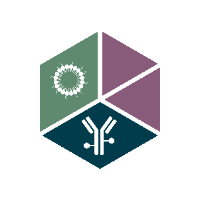Next-generation conjugation technologies fan the ADC flame
Bioconjugation Insights 2025; 1(5), 165–176
DOI: 10.18609/bci.2025.28
ADCs leverage the specificity of antibodies for tumor-associated antigens to deliver cytotoxins selectively. Despite the conceptual simplicity of ADCs, their clinical development has proven complex. More than 300 ADCs have entered clinical trials, but only sixteen have achieved regulatory approval. So, why is the success rate so low? ADCs are multifaceted drug modalities, with each component—antibody, target, linker, and payload—playing a crucial role in the specificity, stability, efficacy, pharmacokinetics, and tolerability. Growing evidence indicates that conjugation chemistry may also be essential in determining functional properties. Drug developers are increasingly focusing on next-generation technologies that enable stable, site-specific conjugations to improve these properties. Emerging solutions include high-fidelity enzymes, non-natural amino acids, and glyco-engineering for controlled conjugation. These precise engineering tools yield homogenous, stable ADCs with defined DAR and improved biophysical profiles. The results are ADCs with superior pharmacokinetics, increased tumor exposure, controlled drug release, and reduced off-target effects—all of which contribute to greater tolerability and a wider therapeutic index, offering physicians improved dosing flexibility.
